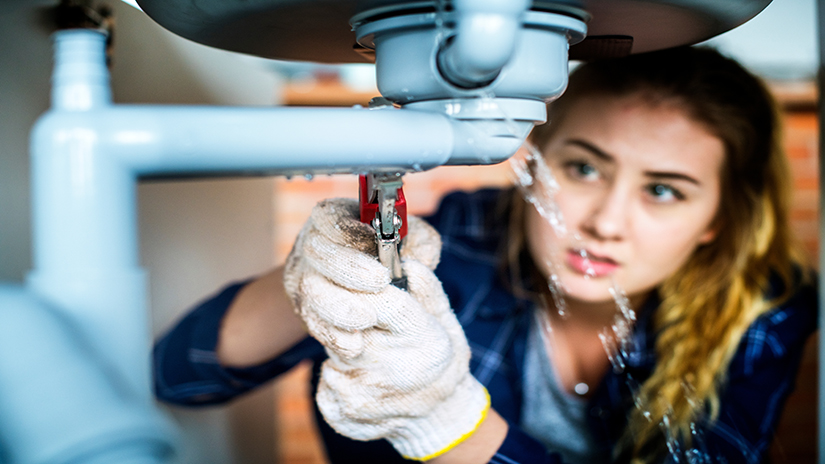What Is The Job Of An Industrial Plumber?

Plumbers are an indispensable part of our lives as most homes and commercial spaces need maintenance from a professional at some point.
Having said that, it’s still surprising to know that most people are still unaware of the job role of a plumber. Yes, we see them fixing our toilets or broken pipes, but that’s just a tiny part of their job.
In reality, plumbers actually work in the industrial or commercial setting, which requires far more precision and advanced skill sets. However, due to limited knowledge about plumbers, people are often confused about the need to hire an industrial plumber instead of residential plumbers.
Therefore, we thought of creating this informative guide about the job profile of typical industrial plumbers. It would certainly help you understand why many commercial plumbers charge more than their residential counterparts.
What Makes Industrial Plumbers Different From Residential Plumbers?
Have you ever thought about how commercial plumbing can be different from residential plumbing? Well, one of the most obvious things is that, at a commercial or industrial level, a plumber has to handle much larger plumbing jobs.
However, there’s much more to it, so let’s check out the key differences between these plumbers.
1. Understanding Of Complex Architecture
One of the first things to note is that industrial or commercial plumbing requires critical knowledge of the plumbing system of the building. Hence, the plumbers are often required to read blueprints or even follow building plans, as it helps trace the location of certain pipes or even whole drainage systems.
That’s because an industrial or commercial building will likely have a more intricate and advanced plumbing system than residential spaces. So, industrial plumbers are usually hired for commercial properties like schools, large office spaces, manufacturing plants, and specialised industries.
Furthermore, a project manager might consult a master plumber to design a proper plumbing system in industrial buildings. Similarly, businesses often prefer to re-hire plumbing technicians to take care of their commercial spaces as they already have enough knowledge of the building.
Thus, you would find the same plumbing company or individual taking care of preventative maintenance and even addressing plumbing emergencies.
2. Working With High-Grade Fixtures And Materials
As you may have guessed, the plumbing systems in industrial and commercial spaces are often of a higher grade than what’s used for residential spaces. That’s because industrial spaces need robust water supply systems, sanitary systems, ventilation systems, and water heating systems.
On top of that, a plumber might need to install special appliances like boiler systems to fit the needs of a specific industry. Not to mention, based on the requirements of the space, an industrial plumber would need to use materials that are durable. Hence, they need to develop the skill to work with certain materials that would never be used by a residential plumber.
3. Ability To Handle Specialised Plumbing Tools
Well, it’s not hard to imagine that the plumbing system of an industrial building would be at a much larger scale compared to a house. So, specialised equipment and tools are often required to accomplish these tasks.
That’s why only an experienced plumber is encouraged to apply for the job as they would already know the basics. Most jobs would require the plumber to be dexterous and have the ability to work with tools like pipe wrenches, pipe cutters and plungers, among other things.
Moreover, if plumbers want to work independently, they would need to learn about power tools and heavy equipment.
Also, a commercial plumber would need to take care of critical plumbing installations that include special appliances. Unlike in the case of domestic appliances, which are pretty generic, these require specific knowledge about the installation process. Naturally, many industrial plumbing jobs request special skills in dealing with particular plumbing needs, such as elaborate sanitation systems.
4. Knowledge Of Environmental Regulations
It’s needless to say that in comparison to residential spaces, industrial buildings would have far greater environmental implications. Hence, commercial spaces often hire experienced plumbers to ensure that environmental regulations are in place.
You will often find industrial plumbers who have knowledge about environmental regulations, safety regulations, and building codes for different industries.
5. Proper Communication Skills
Just like in other jobs, plumbers need to have good communication skills to deal with clients. At the same time, commercial plumbers would need to communicate with the workers or supervisors present in a building to solve problems quickly.
Furthermore, as commercial locations often require a team, interpersonal skills help in proper management. This is especially true for experienced plumbers who lead multiple people.
Typical Jobs Done By An Industrial Plumber
Here is a list of plumbing jobs that an industrial or commercial plumber usually does:
- Installation and repair of water supply systems and sewerage equipment
- Installation of water and sewerage pipelines
- Installation of collectors and water mains
- Working with copper, cast iron, and PVC pipe fittings
- Cutting, bending, and assembling pipes
- Mapping out the pipelines
- Repairing old pipes
- Install and maintain water supply lines and water heaters
- Setting up commercial HVAC systems along with regular maintenance
- Installation of industrial appliances
- To check if proper environmental safety laws are being followed
- Preparing cost estimates
Note that a particular plumber doesn’t need to have all the skills except for the basic requirements. That’s why plumbing companies often hire plumbers with varied skills to create a strong team who are ready to take care of large-scale commercial tasks.
Final Words
That’s everything we had to tell you about the plumber job description of industrial and commercial plumbers.
By now, you must have understood that being an industrial plumber is not just about having manual dexterity or physical strength. Often they require exceptional interpersonal skills and expertise to resolve critical plumbing issues.
Therefore, you can be assured that the industrial or commercial plumbers working for you are experienced in handling the job. But do check whether they are licensed and insured to ensure quality service.
Latest Blogs
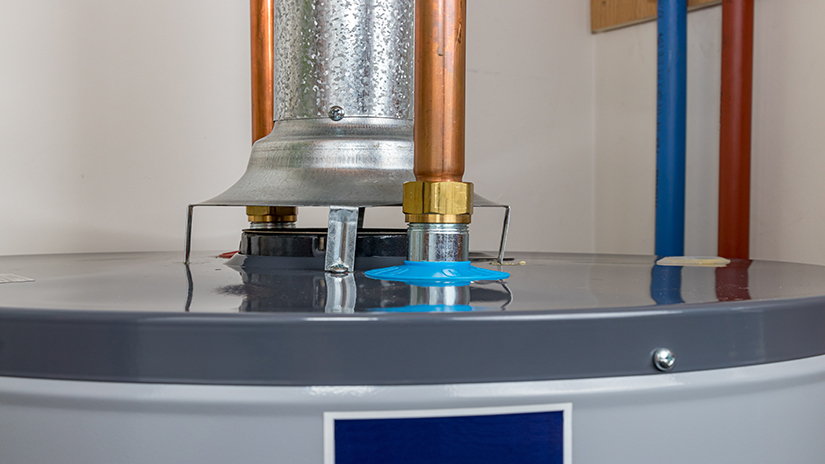
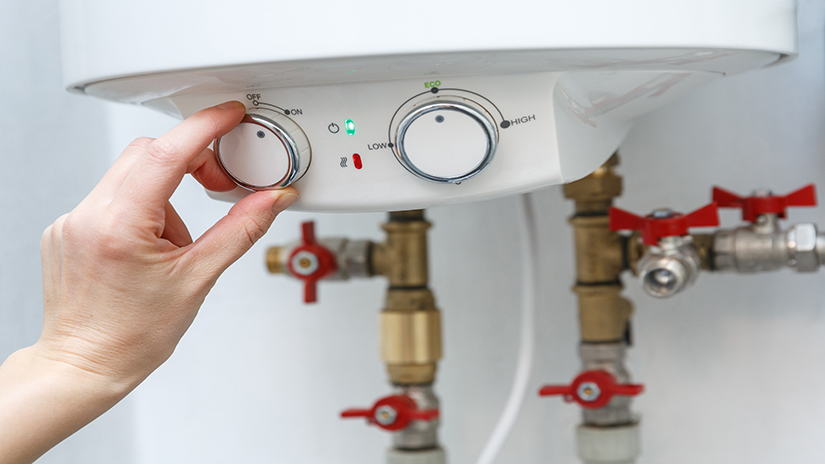
How to Install an Electric Hot Water System
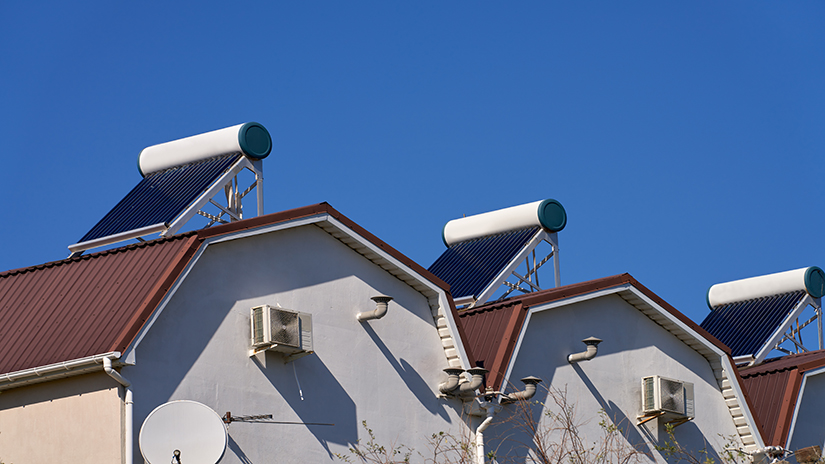
Solar Hot Water System Installation

7 Common Gutter Problems Homeowners Should Be Aware Of
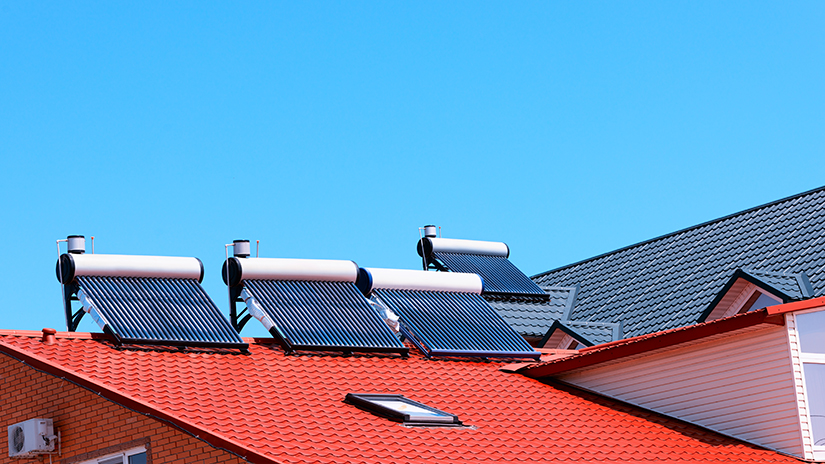
Are Solar Hot Water Systems Worth It?
